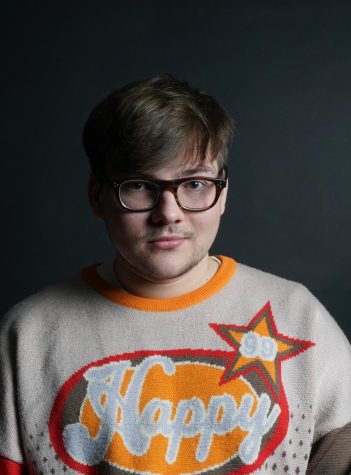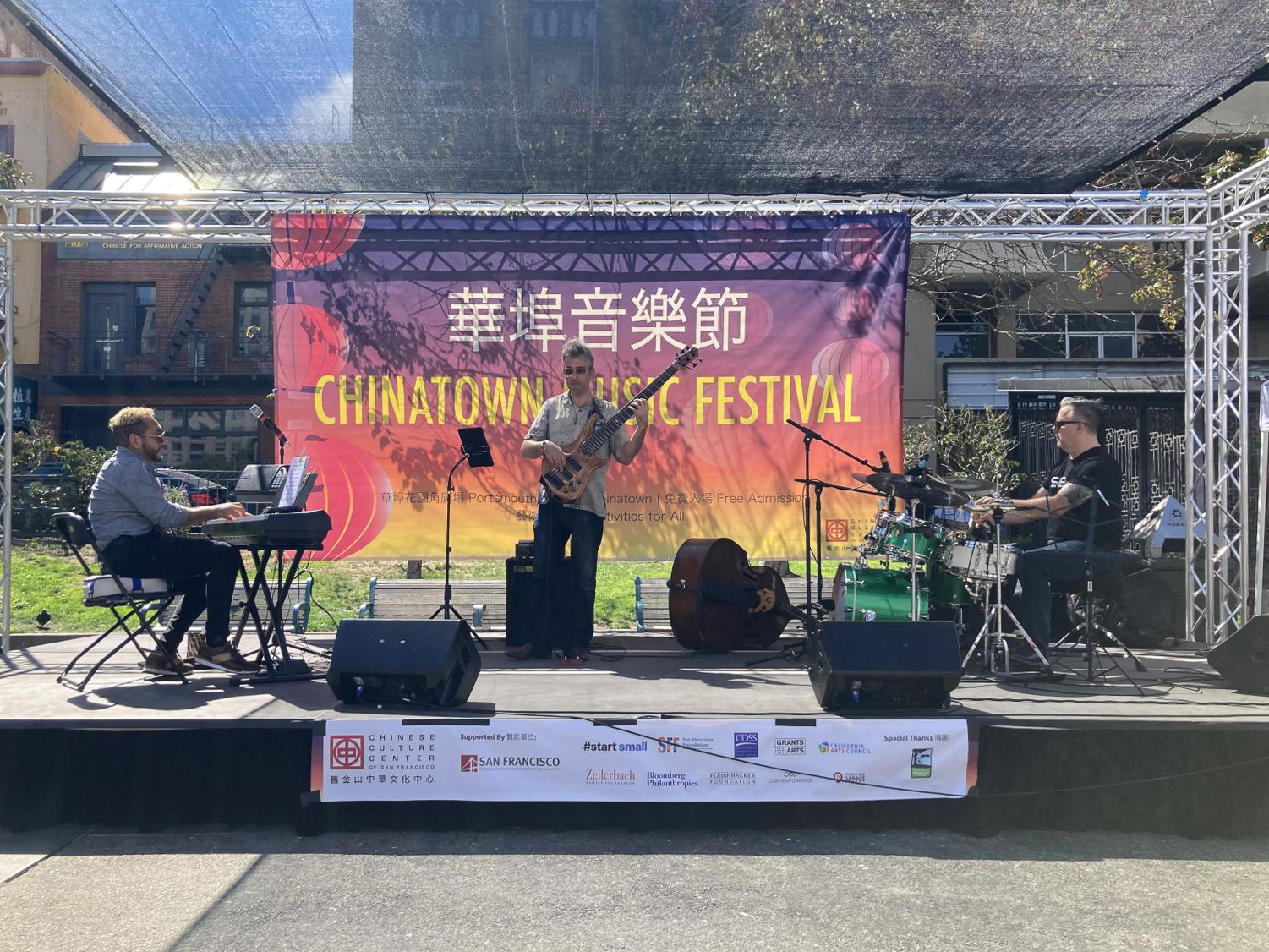
Chinatown celebrates 13th annual music festival
The six hour event was hosted by the Chinese Culture Center of San Francisco and featured multiple genres of music from across the world.
Aug 28, 2022
The Chinese Culture Center of San Francisco hosted their 13th annual Chinatown Music Festival on Aug. 27, transforming Portsmouth Square into a melting pot of live music, art workshops, children’s games and other free exhibitions.
Christian Tumalan’s Latin jazz trio headlined the all day event and marked this the first year a Grammy award-winning artist has performed at the Chinatown Music Festival. Tumalan, a keyboardist born in Guanajuato, Mexico, took home a Grammy for Best Tropical Latin Album as part of the Pacific Mambo Orchestra in 2014.
The festival boasted a wide range of genres, including contemporary and classical Chinese, African, Japanese and American music.
According to Jenny Leung, the executive director of the center, finding diversity through music has always been a priority of the 13-year-old festival.
“It’s always been embedded as part of the Chinatown Music Festival spirit,” Leung said. “I think really, it’s working against the stereotype that Chinatown is just about traditional or Chinese music.”
The festival hosted eight different acts starting with a lion dance performance by LionDanceME and UC Berkeley’s Cal Raijin Taiko ensemble at its end.
From the intense thumping of Japanese taiko drums used in Cal Raijin Taiko’s performance to Keenan Webster of Talking Wood’s gentle plucking of a West African harp, the festival showcased a scope of melodic variety.
Vic Wong, who performed with his quartet, opted to play 1930s jazz and swing music.
“It’s very important to me to represent Asian American musicians in all kinds of different styles of music,” Wong said. “I don’t think that there’s a specific genre to the Asian American musician experience.”
In addition to a number of free games for attendees to play, there was an exhibition where participants were able to customize their own traditional Chinese paper fans.
“It gives kids an opportunity to reconnect with their culture a bit and also experience a lot of the traditions that —especially in Asian American households— kind of fade away,” said Henry Dong, a festival attendee.
According to Leung, who has been working with the organization for over a decade, the festival was launched as a result of the Chinese Culture Center of San Francisco’s mission to make Chinatown a “museum without walls.” The goal is to transform public spaces like parks and alleyways into artistic venues for the community.
Leung hopes that the Chinatown Music Festival will have an impact beyond providing a fun experience.
“Our hope is that the Chinatown Music Festival does inspire more diverse and inclusive collaborations,” she said. “There are a lot of current community organizations and groups that are doing the work, and we hope that it can inspire that cross-racial solidarity and collaboration.”


